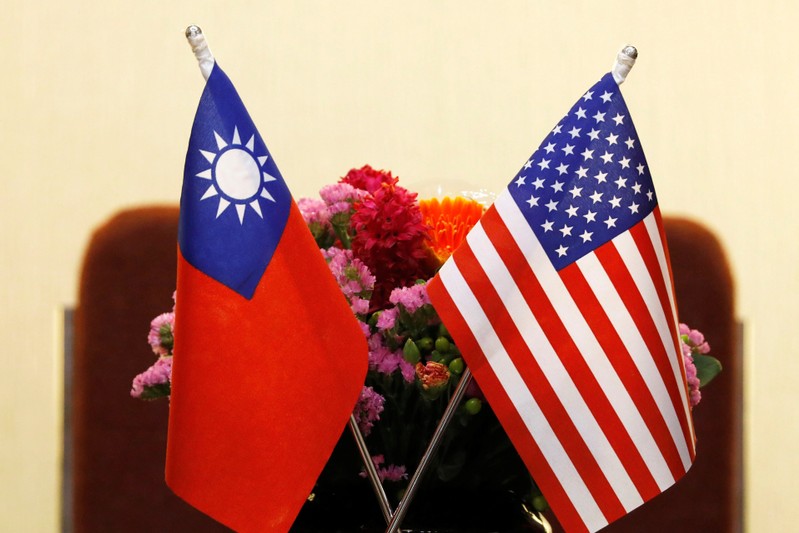
Concerns over the economic impact of a potential trade war with China are rising, causing jitters on Wall Street and buffetted the markets Friday, with the Dow diving more than 700 points before paring losses and closing down 572 points.
Continue Reading Below
Although the implementation of tariffs is still some time away, futures markets and the stock market have felt the effects. Even if the potential for a trade war is simply bluster, by spooking investors, it could have a further effect on the growth of the American economy – and not just on Wall Street.
“I think the impact on Main Street is going to be seen over the long term … I think we at the Federal Reserve are paying attention but it’s too soon for any of us to judge and none of us knows how to weigh the probability of these different outcomes,” Minneapolis Federal Reserve President Neel Kashkari told Neil Cavuto during an interview on Saturday.
And while some American business executives have begun to worry about how a possible trade war with China could affect inflation, leaders at the Fed have not fully engaged in the tariff battle just yet. In a speech at the Economic Club of Chicago on Friday, Fed chair Jerome Powell said it was “too early to say” what the result of a trade war would be on the U.S. economic outlook.
Fears have grown in America’s agriculture industry, which has been targeted by the proposed Chinese tariffs, as well. Agriculture futures have slumped lately, largely due to the tariff announcement. Soybeans, in particular, have taken a serious hit as China is the largest buyer of the product grown by U.S. farmers.
“We’ve seen a real whipsawing effect in the commodity markets,” farmer Brian Duncan told Cavuto. “China buys one out of every three soybeans produced … so it would certainly be a devastating situation if those tariffs were to go in place. And so ultimately our hope is both countries can walk back from the edge of the cliff here and maybe find a better solution,” he added.
Advertisement
The concern, Duncan said, started even before the 2016 presidential election, as “all” candidates were “running away from trade.” As an export-dependent industry – 20% of goods produced in the U.S. are exported, and an even larger number for the pork industry, he noted – America’s agriculture community has already expressed their fears of the effects a trade war could have on their businesses and rural America as a whole.
“We would just like to see these things pursued in a way that don’t cause instability. We deal with a lot of variables out here … we think there’s a format in place that this situation could be dealt with,” Duncan said, adding that building a coalition of like-minded countries and moving forth with an action in the World Trade Organization could help create an “atmosphere of economic stability,” something the industry craves.


